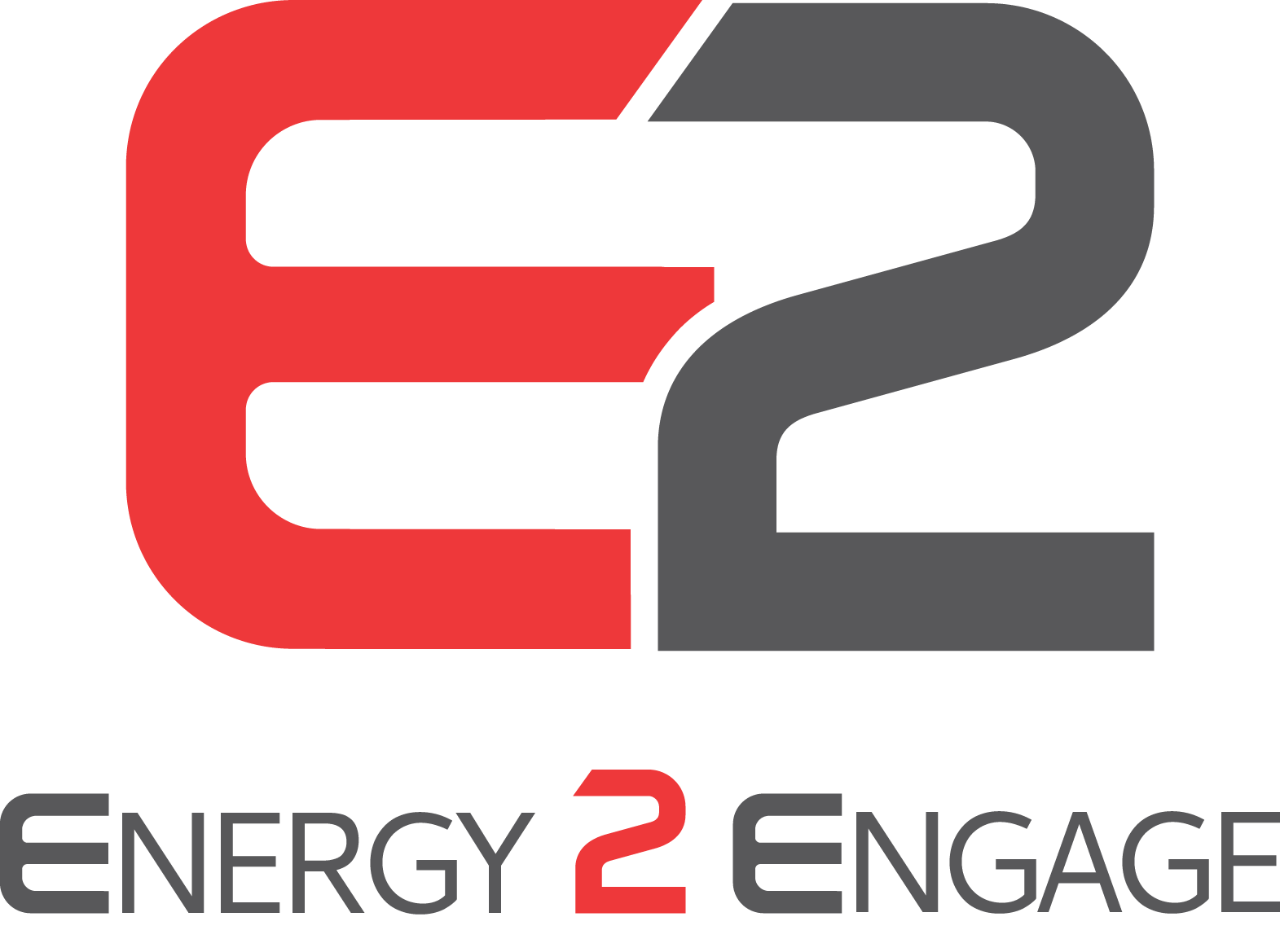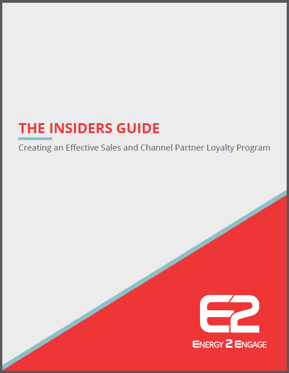With so much great advice out there about how to create a successful sales incentive program, you would think all companies would have one – and a great one at that.
Even if you’ve already created a sales incentive program - double check our list to make sure your program is in peak condition.
How (Not) To Do a Sales Incentive Program:

1. Only Use Team Incentives
Look, we’re not saying that teams shouldn’t be rewarded for working together to accomplish big goals. What we are saying is that teams shouldn’t be penalized for one or two members having a tough time.
What if your workforce is 95% smashing goals and 5% falling just below? Will punishing the entire team help your company reach their goals? If you fall in the 95%, you’re discouraged – you worked hard, reached goals, exceeded expectations – yet not being rewarded for your work. If you fall in the 5%, you’re even more discouraged – the guilt from knowing the rest of your team wasn’t rewarded because you just fell short.
Successful sales incentive programs do both – reward team members to work hard and reach those individual goals, but also for coming together as a team to tackle those “reach” goals.
2. Change the rules in the middle of the program
You’re in the middle of a board game when suddenly your 5 year old decides that since she is losing, she’s going to change the rules so she can win.
Is this fair? Absolutely not. And then you have a conversation with her and explain why the rules are there for a reason.
The same applies to an effective sales incentive programs. The plan for your sales incentive program (rules, goals, time frame, etc.) should be clearly communicated prior to the start of the program. Let your team members prepare themselves and their strategy in order to reach their goals.
Now, if you get into your program and realize that something isn’t quite right – you need to make a few tweaks – that’s okay. Just make sure they are realistic and timely (don’t completely alter the DNA of the program with just a few weeks left remaining in the campaign). And as always – communicate.
3. Never Say "Thank You!"
You hired your team because you thought they were a great fit for your team and business. Remember – there’s no guarantee they will stay at your company. Plenty of companies have great benefits, competitive salary and a fun company culture.
The majority of employees leave their company because they don’t feel appreciated by management.
Thank you.
It’s a simple phrase. It requires no budget, no allocations, no money. Just show appreciation and watch how far it goes to encouraging your sales team. They’re going to work harder for a company that appreciates them.
4. Only point out failures
Constructive criticism is valuable - it can help workers improve in areas they are weak. But take a quick check to make sure you are acknowledging the good as well as the bad. Punishing people for mistakes isn’t going to help motivate your sales team.
Remember #3? Say “Thank You”? This is a great time to focus on the great work your team is doing.
If you focus on the failures, your team will focus on the failures. Push your team to focus on the positives and reach to be the best.
5. Give Everyone the Same Specialized Award
When rewarded and recognizing employees, it’s important to make sure you’re speaking their language and giving them something that suits each individual. Someone who spends their time knitting at home might not appreciate tickets to the local basketball team. Or an avid outdoorsman might not be interested in working hard for a fancy watch.
This is your opportunity to choose an award that is both motivating and appreciated.




